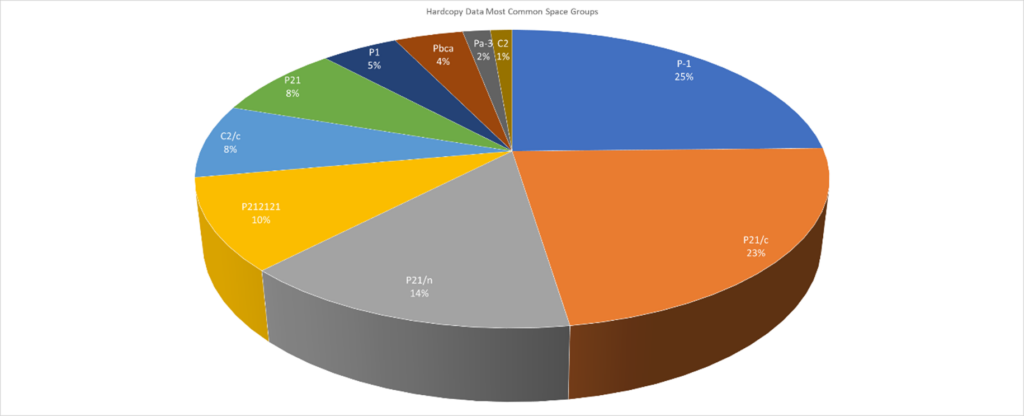Call for Hard Copy Crystal Data
Contribute to the Global Mission to Expand the Cambridge Structural Database
Every summer we reach out to the wider scientific community to facilitate engagement with crystallographic data in a way that is mutually beneficial for both users of the Cambridge Structural Database (CSD) and prospective young scientists.
This summer will be no different, with us combining efforts with our summer placement students to contribute to the ongoing preservation and archiving of legacy data. Read on to find out how you can help us and this years cohort of summer students to share your legacy data.
PS – don’t forget to check your old filing cabinets, under the desk, in the loft, and anywhere else it may be hiding, for hardcopy crystal data.
The CSD is the world’s largest repository for experimental small molecule organic and metal-organic crystal structure data with over 1.2 million datasets curated since 1965. To fulfil our goal of sharing as much structural data as we can to help advance chemistry and crystallography we are constantly looking for new sources of data.
The majority of the structures found within the CSD that are published in scientific literature (or directly with us through CSD Communications) are available in CIF file format and deposited pre-publication by depositors but there are some which require some extra steps from our team prior to curation and validation.
This is where we utilize the invaluable help of our young scientists and their commitment to data preservation by digitizing hard copy data. Not all crystallographic data is currently electronically available, and we understand that electronic deposition is not always possible (particularly for historic unpublished structures).
This does not have to preclude data from inclusion into the CSD. Our annual drive to convert historic data into electronic CIFs helps us share data that researchers may not otherwise have access to and these structures could go on to help answer important scientific challenges.

In the last few years we have managed to add over 1,800 datasets using this method, providing our crystallographers with the benefit of increasing the visibility of their research data motivating us to continue to make crystallographic data as easily and widely accessible as possible.
Call for Hard Copy Data
Make your research more widely available and contribute to the advancement of structural science by sending us your hard copy data. We try to make it as easy as possible for you to share this legacy data as CSD Communications, all you have to do is email us a photo, pdf or scan of the hardcopy files you have and with the help of this years summer students we will do the rest.
Please email deposit@ccdc.cam.ac.uk and attach any files you have. Alternatively you can simply deposit your data through Deposit Structures (more information on how to do this can be found here).